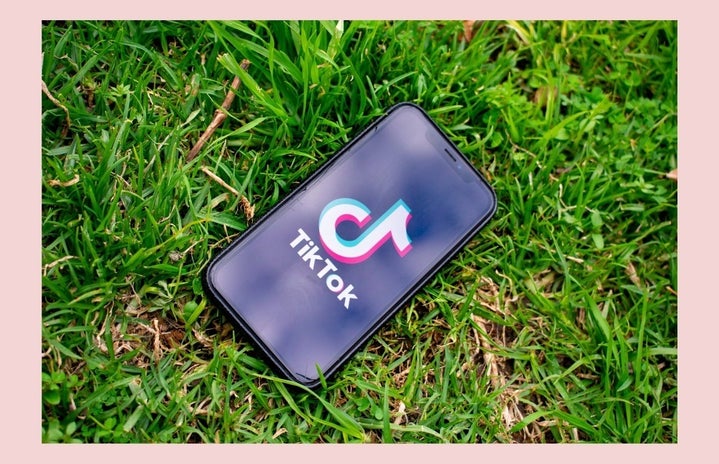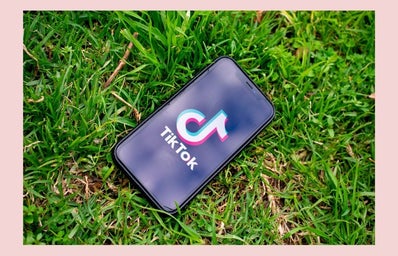Tik Tok has often been a platform where White creators take content ideas from Black creators without giving them credit and make it seem like their own. Although several creators have addressed the problem, it continues to happen.
In the past, Tik Tokers such as Charli D’Amelio and Addison Rae have been accused of stealing dance choreographies from Black creators without giving credit. D’Amelio became famous over the “Renegade” dance, after which she was ranked #1 Tik Tok star.
After she became popular, D’Amelio was offered a lot of opportunities. She had meet and greets and was invited to perform with Bebe Rexha at one of her concerts. She was also asked to be a part of a video for one of Jennifer Lopez’s songs where she danced with JLo. D’Amelio continues to be influential on Tik Tok as she is the second creator with the most followers, and she has her own Hulu series alongside her family.
However, it was later discovered that the original creator of the Renegade was a Black creator named Jalaiah Harmon who did not receive credit until it was brought to the media. After being criticized, D’Amelio and Rae decided to film a video with Harmon dancing the Renegade. Since then, talk show hosts like Jimmy Fallon have decided to give a platform to Black creators whose dance is not credited by others.
Black creators have voiced their feelings on social media through the hashtag “BlackTikTokStrike,” where creators such as Erick Louis have published videos that start with music and then the words “Sike.” This app would be nothing without [Black] people,” appear at the top of the video. The hashtag is accompanied by videos of Black creators not dancing, explaining that they will not continue to share their dances until they receive credit.
Although the previous examples were addressed, White creators continue to steal ideas from Black creators. On Feb. 9, a White creator posted a video on Tik Tok called “A Day in the Life Without Black Inventions,” where she showed her daily routine and how Black inventors have created common devices that all people use. For example, a dryer and a long lasting lightbulb. However, as the video became more popular, now with 1.3 million likes, viewers pointed out that the same exact video had been created three years ago by a Black creator named Maya Echols. The White creator had failed to give any credit.
After facing backlash, the White creator shared a statement on Tik Tok where she explained that she had started the video in order to inspire, educate or entertain. Regarding the copying allegations she stated “this is simply not true, I was not aware of these existing videos.” Further saying that she “has no problem with sharing or pointing people to other creators’ content.” Despite the issue on social media, she said “it’s been great to see the amount of people that have learned something new. This makes me want to continue the series.”
Azealia Banks a Black American female rapper, spoke about the impact of lack of credit from White creators to Black creators, “all this says to White kids is you are amazing… and it says to Black kids you do not have anything (vulgarity), you do not own anything (vulgarity), not even the things (vulgarity) you created yourself.”
Many influencers have become popular on Tik Tok. However few of the Black creators whose dances become successful receive credit for it. It is an ongoing problem that people like Noah Webster, a Black Tik Tok creator, wonder when is going to be solved, and whether Tik Tok as a platform should intervene.


